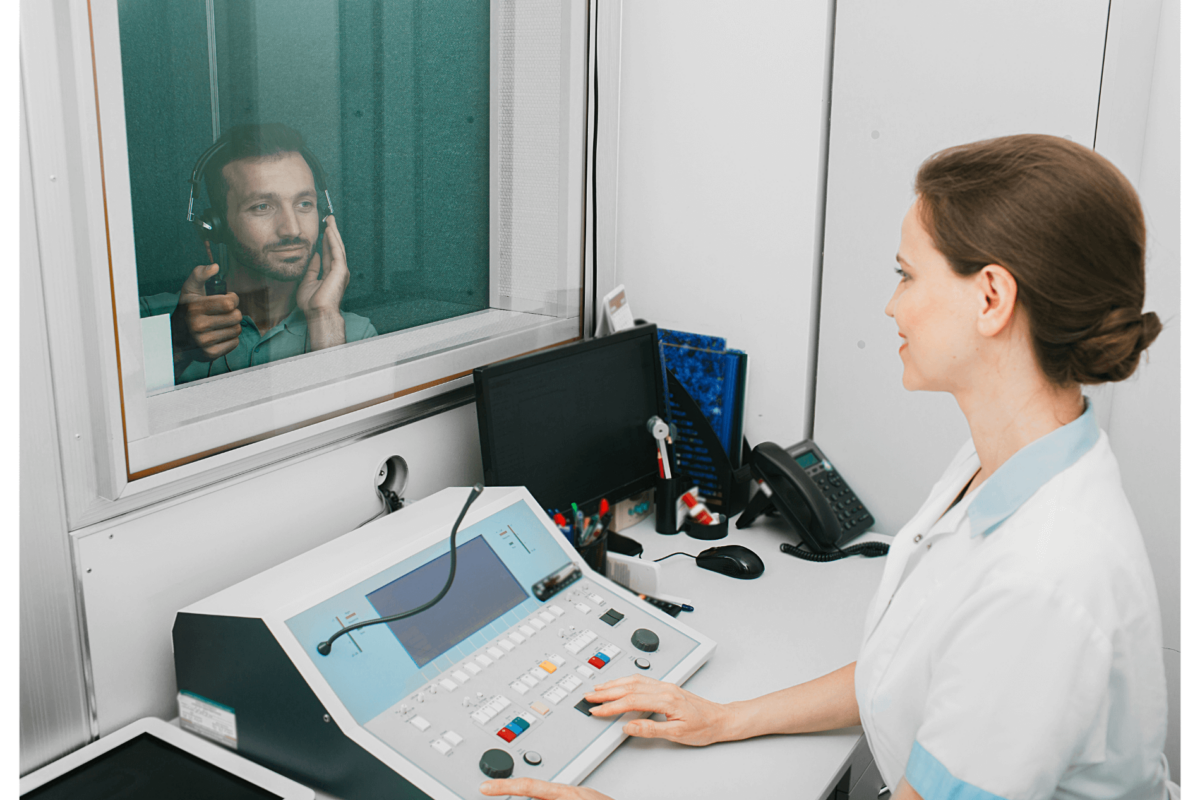
Steps to Take When You Suspect Hearing Loss
Hearing loss often develops gradually, making it easy to overlook the early signs. Struggling to follow conversations in noisy places, frequently asking people to repeat themselves, or misunderstanding words are common indicators. A persistent ringing in the ears, known as tinnitus, may also signal a shift in hearing ability.
Loved ones are often the first to notice changes, pointing out the volume on the television or repeating themselves more than usual. Fatigue after conversations can also be a sign, as the brain works harder to process sounds. Recognizing these patterns early is the first step toward addressing hearing health concerns.
Scheduling a Hearing Exam
A professional hearing health exam clarifies whether hearing loss is present and to what extent. Hearing health professionals use specialized tests to assess hearing ability, identifying specific frequencies or tones that may be harder to detect. These evaluations help determine the best course of action based on individual needs.
Even mild hearing loss can impact daily life, making an early exam important. The results offer valuable insights into hearing health and potential treatment options. Understanding the type and degree of hearing loss allows for informed decision-making moving forward.
Exploring Treatment Options
Hearing aids are a common and effective solution for many types of hearing loss. They improve communication and restore access to everyday sounds. Modern devices are discreet, technologically advanced, and customizable to different environments. Hearing health professionals help select the right device based on lifestyle and hearing needs.
Other options, such as assistive listening devices and cochlear implants, may be recommended in certain cases. These solutions enhance sound clarity in specific situations, such as phone calls or crowded spaces. Exploring available treatments ensures the best possible outcome for hearing health.
Protecting Hearing Going Forward
Once hearing loss is identified, steps to prevent further decline are important. Hearing protection in loud environments, such as concerts or construction sites, reduces exposure to damaging noise levels. Custom earplugs and noise-canceling headphones provide added protection for those in high-noise settings.
Regular check-ups with a hearing health professional help monitor changes and adjust treatments as needed. Lifestyle choices, such as reducing exposure to loud music and avoiding excessive earphone use, contribute to long-term hearing health. Proactive measures help preserve hearing and maintain clarity in everyday interactions.
Adapting to New Hearing Solutions
Adjusting to hearing aids or other assistive devices takes time and patience. Sounds may initially seem different, requiring gradual adaptation to improve speech recognition and comfort. Regular follow-ups with a hearing health professional ensure optimal settings and adjustments.
